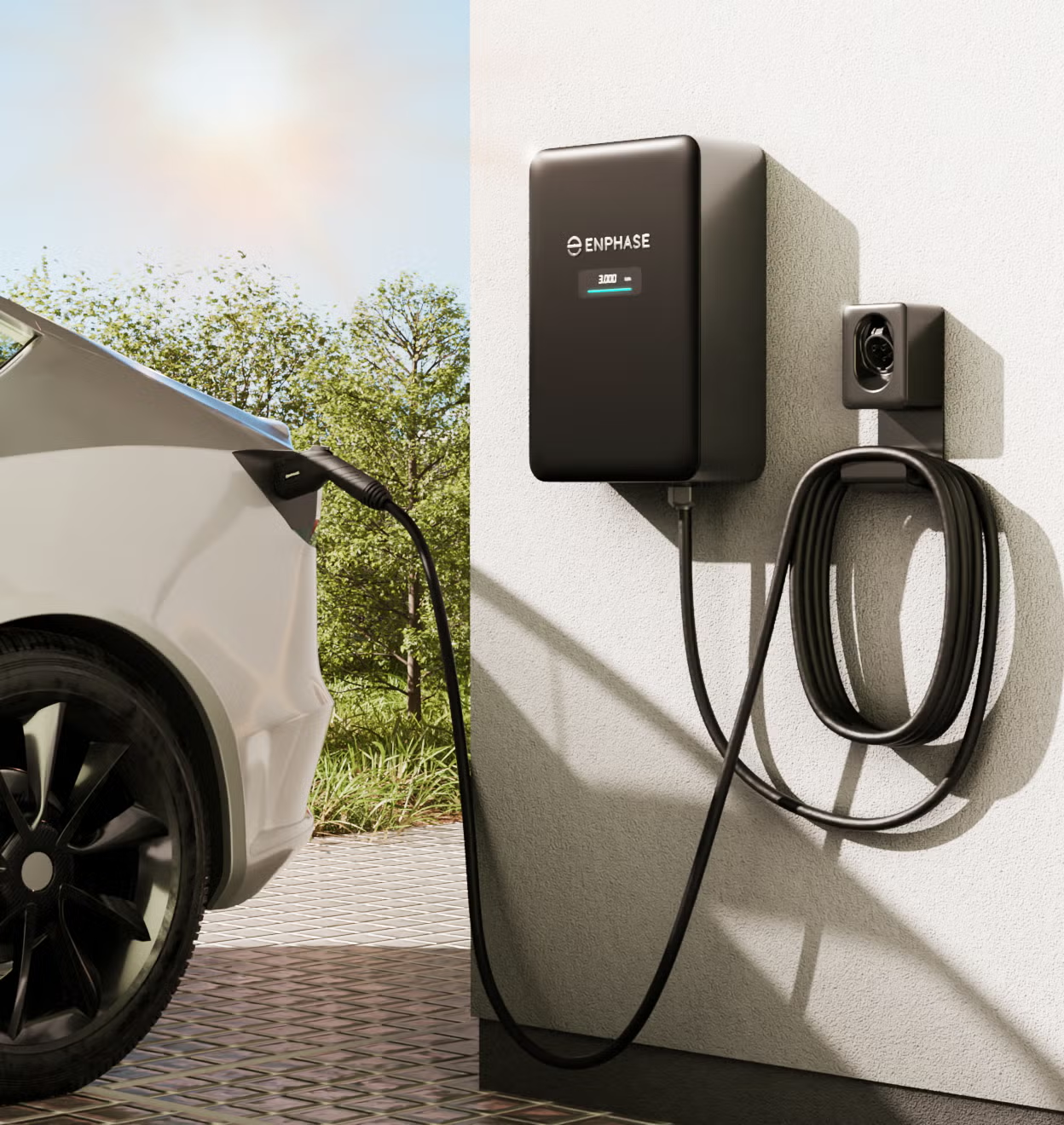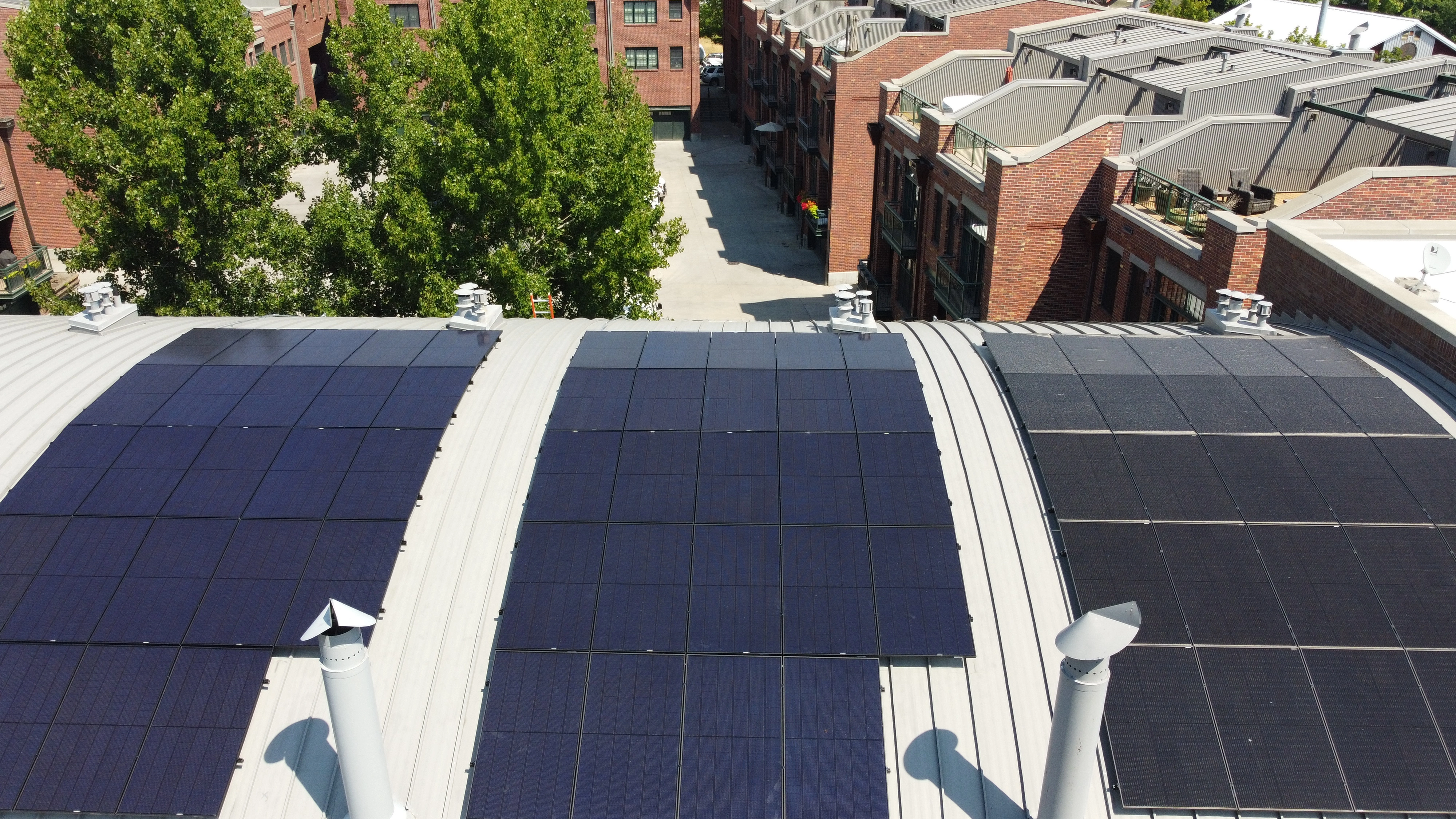How Much Can Solar Panels Save on Your Electric Bill?

As the world increasingly shifts towards renewable energy sources, solar panels have emerged as a popular option for homeowners looking to reduce their electric bills. The potential savings from solar energy can vary widely based on several factors, including location, energy consumption, and the size of the solar system installed. Understanding these variables can help homeowners make informed decisions about solar energy investments.
Understanding Solar Energy Savings
Solar energy savings can be substantial, but they depend on a variety of factors. Homeowners often wonder how much they can realistically save on their electric bills by switching to solar power. The answer lies in understanding how solar panels work, the cost of electricity in your area, and your household's energy consumption patterns.
The Basics of Solar Panels
Solar panels convert sunlight into electricity through photovoltaic cells. When sunlight hits these cells, it generates direct current (DC) electricity, which is then converted into alternating current (AC) electricity by an inverter for use in homes. This process allows homeowners to harness the sun's energy to power their appliances, lights, and other electrical devices.
By generating their own electricity, homeowners can significantly reduce their reliance on the grid, leading to lower electric bills. However, the extent of these savings can vary based on how much energy the solar system produces compared to the household's energy consumption. Additionally, many solar panel systems come equipped with monitoring technology that allows homeowners to track their energy production in real-time, providing insights into how much energy is being generated and consumed throughout the day.
Factors Influencing Savings
Several key factors influence how much homeowners can save on their electric bills with solar panels:
- Location: The amount of sunlight received in a particular area plays a crucial role. Regions with higher solar insolation yield more energy from solar panels.
- System Size: The size of the solar panel system directly affects its energy output. Larger systems can produce more electricity, leading to greater savings.
- Energy Consumption: A household's energy usage patterns will determine how much of the generated solar energy can be utilized. Homes with higher energy consumption will see more significant savings.
- Utility Rates: The cost of electricity from local utilities impacts how much homeowners save. Higher electricity rates mean more savings when using solar energy.
Moreover, the installation of solar panels can also increase the overall value of a home. Many potential buyers are attracted to homes with solar energy systems, viewing them as a long-term investment that can lead to lower utility costs. This added value can be particularly beneficial in competitive real estate markets, where energy efficiency is a desirable feature. Furthermore, government incentives and tax credits for solar energy systems can also play a significant role in reducing the initial investment costs, making solar power more accessible and financially viable for homeowners.
Another important consideration is the impact of net metering policies, which allow homeowners to sell excess energy generated by their solar panels back to the grid. This not only helps to offset the cost of electricity but can also provide an additional revenue stream for homeowners. Understanding these policies and how they apply in your area can further enhance the financial benefits of transitioning to solar energy.
Calculating Potential Savings
Estimating potential savings from solar panels involves a few calculations. Homeowners can start by looking at their average monthly electric bill and the amount of energy they consume in kilowatt-hours (kWh). This data is essential for understanding how much solar energy can offset their electric costs.
Estimating Solar Production
To estimate how much energy a solar panel system can produce, homeowners can use the following formula:
Solar Production (kWh) = System Size (kW) × Sunlight Hours × 365
For instance, a 5 kW solar system in an area that receives an average of 5 sunlight hours per day would produce approximately:
5 kW × 5 hours/day × 365 days = 9,125 kWh annually
This figure can then be compared to the household's annual energy consumption to determine how much of the electric bill can be offset by solar energy.
Incentives and Rebates
Another critical aspect of solar savings is the availability of incentives and rebates. Many states and local governments offer financial incentives to encourage homeowners to install solar panels. These incentives can significantly reduce the upfront costs associated with solar installations, leading to faster returns on investment.
Federal Tax Credit
The federal government provides a solar investment tax credit (ITC), which allows homeowners to deduct a percentage of the cost of their solar panel system from their federal taxes. As of 2025, this credit is set at 30%, making it an attractive option for those considering solar energy*.
This tax credit can substantially lower the initial investment, making solar panels more accessible and increasing the overall savings potential. Homeowners should consult with a tax professional to understand how this credit applies to their specific situation.
State and Local Incentives
In addition to the federal tax credit, many states offer their own incentives, such as rebates, property tax exemptions, and performance-based incentives. These programs can vary widely, so homeowners should research what is available in their area. For example, some states may offer cash rebates for solar installations, while others may have net metering policies that allow homeowners to sell excess energy back to the grid.
Understanding these incentives can help homeowners maximize their savings and make solar energy a more viable option.
Long-Term Financial Benefits
While the initial costs of installing solar panels can be significant, the long-term financial benefits often outweigh these expenses. Homeowners can expect to see a return on their investment over time through reduced electric bills and increased property value. Installing solar can also help with:
- Increasing your property value
- Making your home more attractive to buyers when selling
- Giving your home a real ROI for today and years to come
Environmental Impact and Energy Independence
While financial savings are a significant consideration, the environmental benefits of solar energy should not be overlooked. By generating clean, renewable energy, homeowners contribute to reducing greenhouse gas emissions and reliance on fossil fuels.
Reducing Carbon Footprint
Solar energy is a clean source of power that helps to reduce a household's carbon footprint. According to the U.S. Environmental Protection Agency (EPA), the average residential solar system can offset approximately 100,000 pounds of carbon dioxide over its lifetime. This reduction in emissions contributes to cleaner air and a healthier environment.
For environmentally conscious homeowners, the decision to install solar panels aligns with their values and commitment to sustainability.
Energy Independence
Solar energy also promotes energy independence. By generating their own electricity, homeowners can reduce their reliance on the grid and protect themselves from rising energy costs. This independence can be particularly valuable during times of energy shortages or price spikes.
In addition, solar energy can provide power during outages, especially when paired with battery storage systems. This capability enhances resilience and reliability, giving homeowners peace of mind.
Conclusion
Solar panels offer significant potential savings on electric bills, but the extent of these savings depends on various factors, including location, system size, and energy consumption. By understanding these elements and taking advantage of available incentives, homeowners can make informed decisions about solar energy investments.
Moreover, the long-term financial benefits, combined with the positive environmental impact and energy independence, make solar panels an appealing option for many. As technology continues to advance and costs decrease, solar energy is likely to become an even more attractive choice for homeowners looking to save on their electric bills.
Ultimately, while solar panels can lead to substantial savings, it is essential for homeowners to conduct thorough research and consider their unique circumstances before making a decision. By doing so, they can harness the power of the sun and enjoy the benefits of renewable energy for years to come.
Ready to see how much you could save on your electric bill with solar energy? As the Best of Bend Solar Energy Company in 2024, National Solar is committed to powering homes in the Pacific Northwest with clean, renewable energy. Celebrating 15 years of excellence since our founding in 2009, we're a family-owned business that stands behind our 10-Year Workmanship Warranty and a 25-Year Manufacturer Warranty. Take the first step towards a sustainable future and get a free solar estimate for your home today. Join us in creating a positive environmental impact with every installation.
Calculate your potential energy cost without solar
Unlock affordable energy solutions
Every project includes design, permitting, installation, and support from our award winning installation team.

Solar Panel Installation
Custom-designed rooftop solar systems that slash your electric bill.

Battery Storage
Store your daytime solar power for nighttime usage or power outages.

Ground Mounts
Ideal for properties without good roof access. Same savings, more flexibility.

EV Chargers
Power your electric vehicle at home for less, powered by your solar system.

Solar System Removal & Reinstalls
Getting a new roof? We’ll handle your solar removal and reinstall.

Commercial Solar
Cut operating costs, claim Oregon solar incentives and benefit from tax advantages.
